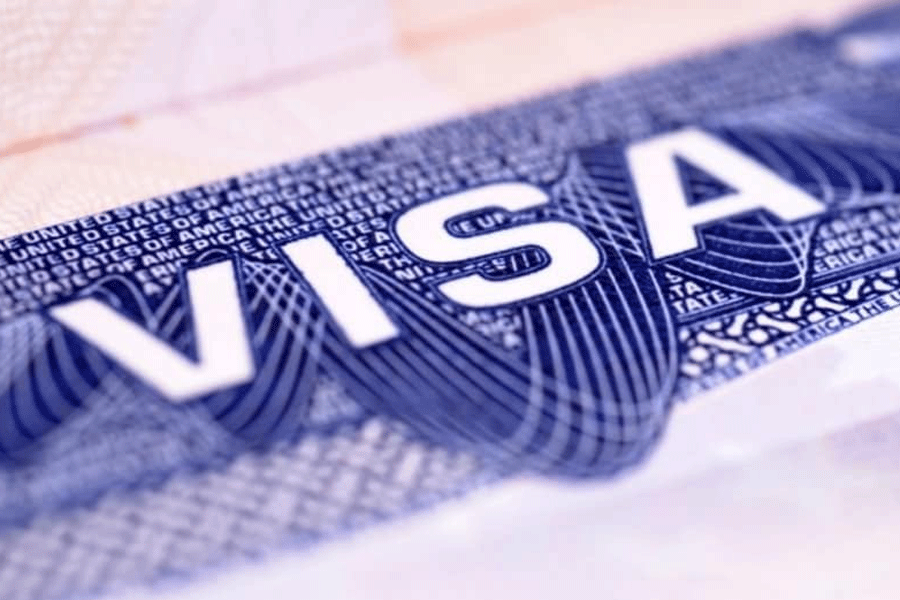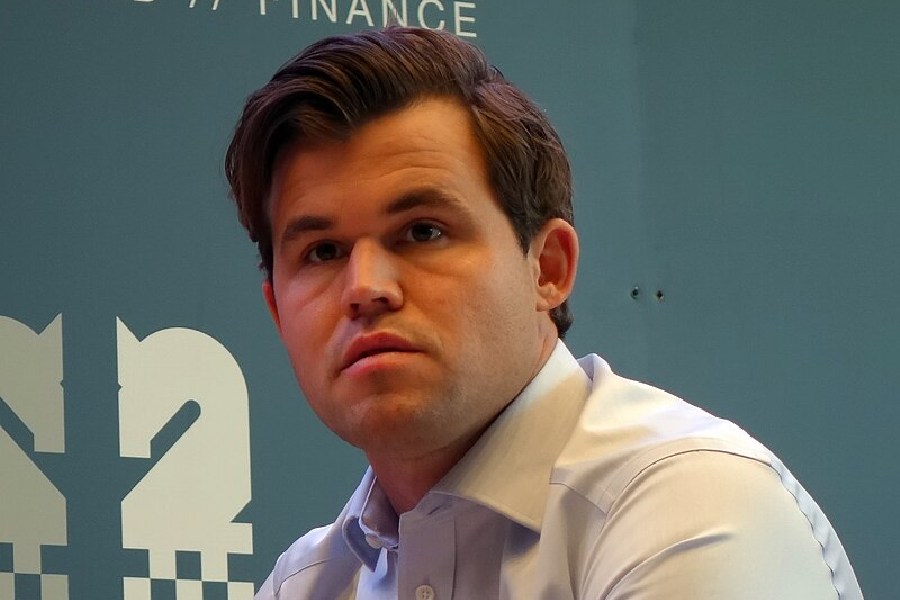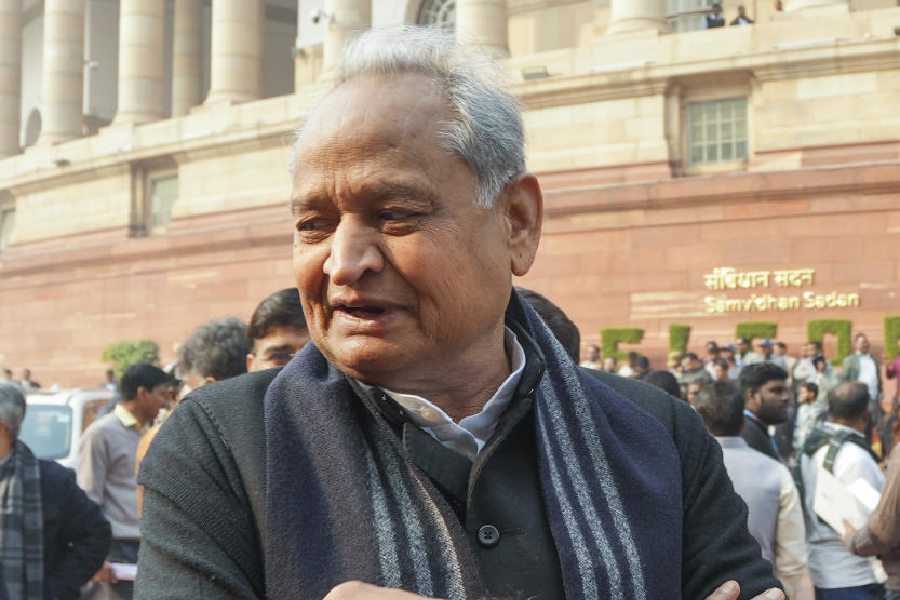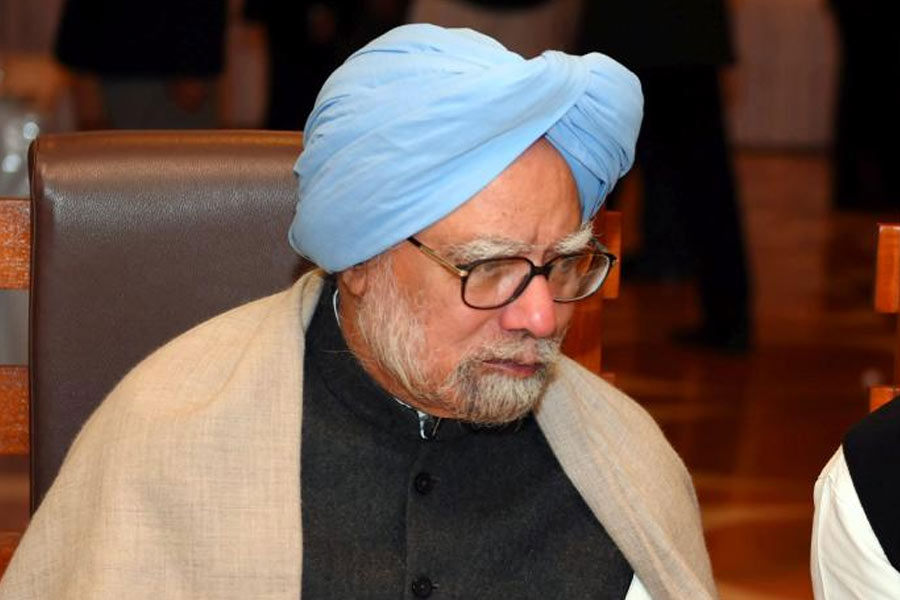Pakistan, in a bid to revive its ailing economy, has introduced a new visa policy to attract business communities from across the world to invest in the cash-strapped country.
The decision was taken in the two-day consultation meeting held under the Special Investment Facilitation Council (SIFC), a civil-military hybrid body set up by the previous Shehbaz Sharif government to tackle the country's economic woes.
Caretaker Prime Minister Anwaar-ul-Haq Kakar, who chaired the fifth apex committee meeting of SIFC, announced in a recorded message that a new easy visa regime has been approved for foreign businessmen desiring to visit Pakistan.
He said foreign businessmen who want to visit Pakistan would be issued easy visas on the basis of a single document from their country or international business organisations.
“If Pakistan’s chambers of business or business organisations issue a document to a foreign businessman, easy visas will also be issued to them,” the statement quoted caretaker Prime Minister Kakar as saying.
He expressed hope that under this new visa regime, Pakistan would enter a new phase of business and economy.
Later, addressing a press conference with other ministers, caretaker Foreign Minister Jalil Abbas Jilani said that the SIFC was briefed on Pakistan’s relations with China, the United States and other Middle East countries.
He said the Gulf Cooperation Council (GCC) countries had shown interest in the investment council.
The GCC countries include Bahrain, Kuwait, Oman, Qatar, Saudi Arabia and the United Arab Emirates.
Meanwhile, in an interview with the Dawn newspaper, Law Minister Ahmad Irfan Aslam said that in contrast to the China-Pakistan Economic Corridor (CPEC) that has garnered significant funds from China, Western countries haven’t made definitive commitments to the SIFC yet.
However, he insisted that the SIFC and CPEC had different scopes and sectors for Chinese investment.
While CPEC focuses on roads, infrastructure and energy projects, the SIFC allows China to invest in minerals and other areas not part of the corridor project.
Aslam said that agreements had reached an advanced level with GCC countries, including Saudi Arabia, the United Arab Emirates and Qatar.
“We will first sign the agreement with Saudi Arabia,” Aslam said, adding that the signing of the agreement was expected by the year’s end.
In response to a question, the law minister admitted that he was only aware of Indonesia’s interest in investing under the SIFC, while Western and other non-GCC countries have not made any firm pledges yet.
Except for the headline, this story has not been edited by The Telegraph Online staff and has been published from a syndicated feed.












